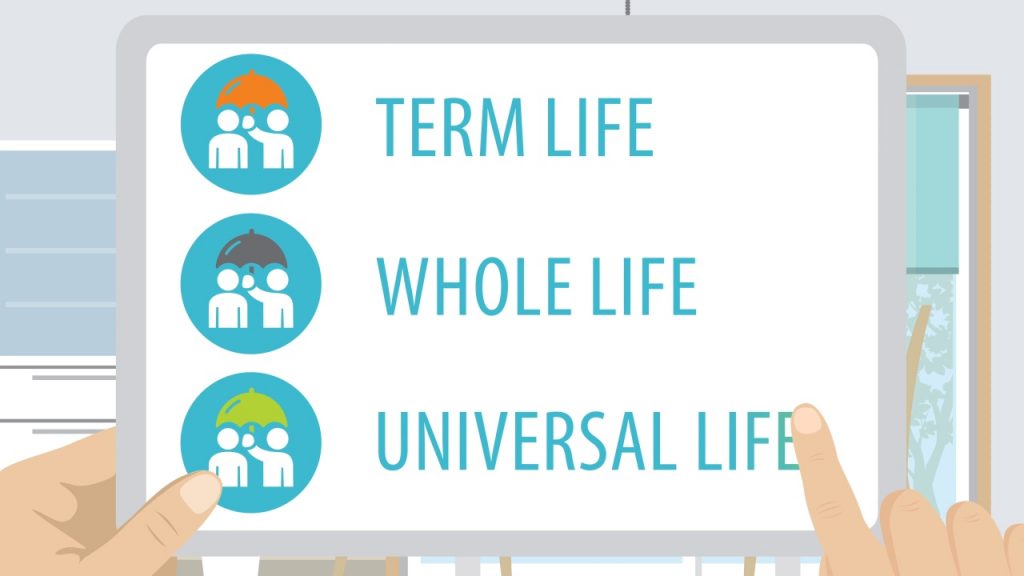Do You need Help Choosing the Right Life Insurance?

Many people feel uncomfortable planning for life insurance because they connect it with “the end.” Consequently, they fail to take the appropriate steps in order to protect loved ones financially.
How does it work?
“A life insurance policy is a contract with an insurance company. The company provides a lump-sum payment, known as a death benefit to beneficiaries upon the insured’s death, in exchange for [monthly] premium payments,” (Source). It’s likely that average people don’t have the means to pay for uncertain and high cost-events; life insurance takes away that financial obligation.
Who needs it?
Typically, all families or those with dependents need this insurance. Examples are parents, small business owners, families with special needs children or families with one spouse who provides income.
Types of Life Insurance
There are several types of insurance to choose from; although, term is the most common.
In illustration, term insurance is “a policy with a set duration limit on the coverage period,” (Source). Then, a customer can choose to renew the policy upon end of coverage period. Term is practical for the majority of families in most cases. Additionally, term insurance is cost efficient for the amount of coverage received. Please note that if you have a preexisting condition this insurance may not be a good fit because prices drastically increase.
If any of the following insurance plans interest you, consult with your financial advisor first. Another key difference between term insurance and Whole or Universal life, is the ability to invest.
Whole Life “pays a lump sum death benefit which provides lifetime protection. They have a savings component with earning accruing referred to as cash value,” (rebel Financial). This insurance can be a good idea for a family with a genetic disease in their history.
Universal Life can be thought as Term and Whole Life insurance combined, with a few more perks. It is low-cost, provides cash value build up, and is flexible.
Indexed Universal Life “allows the owner to allocate cash value amounts to either a fixed account or an equity index account,” (Source).
Variable Universal Life “is a type of permanent life policy with a built-in savings component that allows for the investment of the cash value. VUL policies typically have both a maximum cap and minimum floor on the investment return associated with the savings component,” (Source).
Conclusion
Remember, be cautious with insurance plans that aren’t term! You may be investing irresponsibly. If you have any questions about planning for life insurance, be sure to make an appointment. Contact us HERE!
Need help choosing a life insurance company? Below is a list of the TOP 10 companies in the country! Pricing and reviews are available in the link below.
Curious how much coverage you need when it comes to life insurance? Try out the calculator below to get an estimate.




